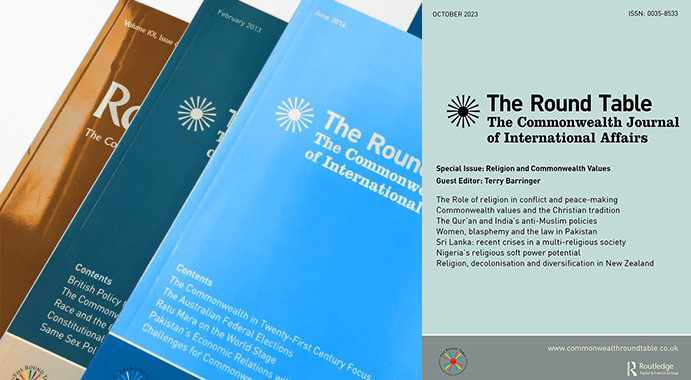
[This is an excerpt from an article in The Round Table: The Commonwealth Journal of International Affairs.]
Domestic challenges
This article has thus far highlighted the huge potential of Nigeria’s soft power with emphasis on its religious aspect, especially its globally renowned religious leaders such as Prophet TB Joshua. This section will attempt to underscore two fundamental issues that may have confronted any attempt on the part of the government to leverage on the late Prophet’s global influence and status. First and most fundamental is the secular status of Nigeria as stipulated in Section 10 of the 1999 Constitution (as amended) that the federation shall not adopt any religion as state religion. While some argue that it may preclude a comfortable convergence between religion and state affairs, others point to the inherent contradiction and worse still, ambivalence of certain other provisions of the Constitution such as Section 10 in comparison with Sections 38, 275 and 280, respectively (Okeke, Citation2013; Onwutuebe, Citation2020).
Within the Nigerian Christian community, TB Joshua was not totally accepted because of accusations that he was never ordained nor mentored by any known Christian figure either within or outside Nigeria. Both the Christian Association of Nigeria (CAN) and the Pentecostal Fellowship of Nigeria (PFN) refused him membership. Consequently, in 2017, Joshua announced that he might relocate his ministry to Israel where already some provision had been made to accommodate him (Vanguard, Citation2017). Even so, the Prophet’s global impact remained undeniable, even up to his demise on 5 June 2021. His church, the Synagogue Church of All Nation (SCOAN) announced that tributes from 195 countries were received (Premium Times, Citation2021). The Ministry, currently overseen by the late Prophet’s wife, still largely relies on his charisma and appeal.
Anatomy of Nigeria’s electoral process: a missing rib
Religion and Commonwealth values
Special edition of the Round Table Journal on religion
Conclusion
This article has highlighted an unexplored dimension of Nigeria’s religious soft power, which is the rising global profile and attraction of Nigeria’s religious leaders, with a particular focus on the late Prophet TB Joshua. The international clout of the late prophet was arguably exceptional given the calibre of statesmen and prominent political figures he guided and influenced to some degree in matters of their state affairs. The fact that presidents of nations and prospective presidential candidates consulted with him before making certain decisions implied the huge soft power the late prophet had. His electoral prophecies were widely sought after by these political figures – which is quite understandable given African cosmology, which recognises the spiritual realm and sees the invisible world as tangible and accessible. The latent and potent power of the spiritual world to influence and determine happenings in the material realm is not only restricted to traditional beliefs but also finds full expression and acknowledgement among Pentecostals in Africa. With the rising rate of Pentecostal Christianity in Africa arguably displacing traditional spiritual practices, Pentecostal pastors and prophets are increasing sought after as a link between the spiritual and the material realms. Herein lies the charismatic appeal and attraction for Nigeria’s Pentecostal pastors/prophets.
Patrick Afamefune Ikem is with the Department of Political Science, University of Nigeria, Nsukka, Nigeria & Confidence Nwachinemere Ogbonna is with the Department of Political Science, Evangel University, Akaeze, Nigeria.



